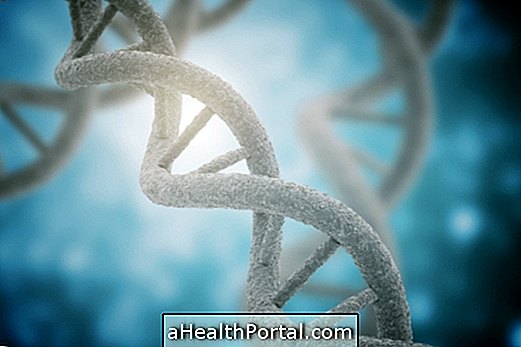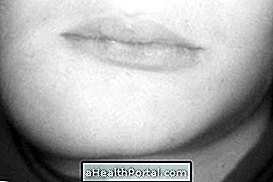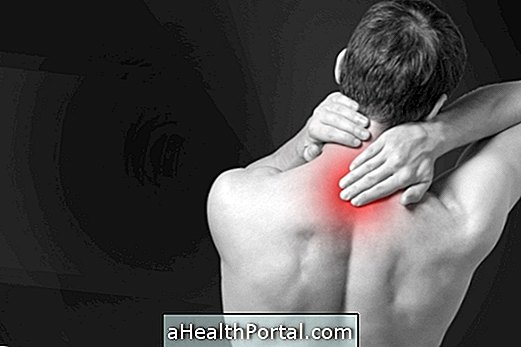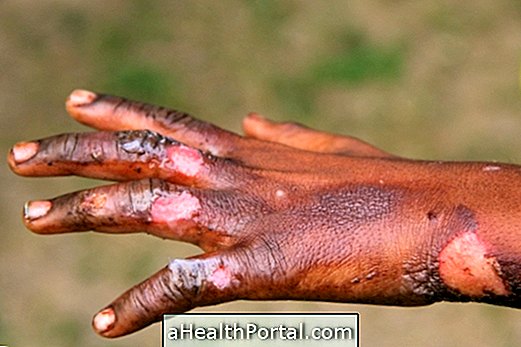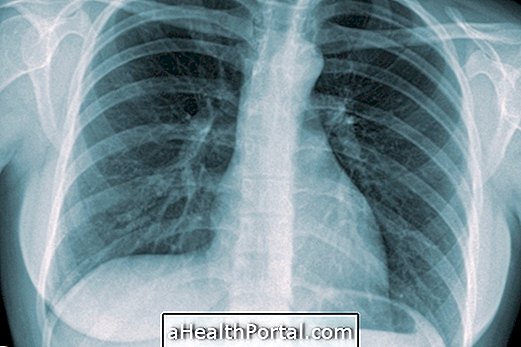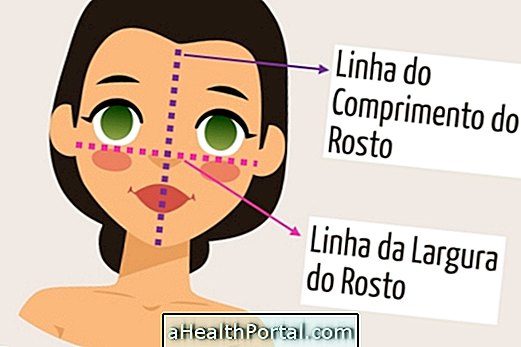Treatment for dilated cardiomyopathy should be guided by a cardiologist, as it varies according to the patient's symptoms, such as excessive tiredness or difficulty breathing, for example.
Dilated cardiomyopathy consists of a disease that causes excessive dilation of the heart muscle, making it difficult to pump blood through all parts of the body, and is usually more common in men between the ages of 20 and 60, although it may at any age.
Treatment for dilated cardiomyopathy should be started as soon as possible to avoid complications such as pulmonary embolism or cardiac arrest, for example. Thus, treatment can be done with:
- High blood pressure medicines such as Captopril or Amlodipine: lowering blood pressure and facilitating heart work;
- Remedies for arrhythmia, such as Atenolol or Bisoprolol: lower the heart rate, lowering blood pressure, facilitating blood pumping through the heart and preventing the onset of arrhythmias;
- Diuretics, such as Furosemide or Indapamide: remove excess fluid from the body, preventing it from accumulating in the veins and hampering the heartbeat. In addition, they alleviate the swelling in the legs and feet caused by the disease;
- Digoxin : is a medicine used to strengthen the heart muscle, facilitating contractions and allowing more efficient pumping of blood;
- Anticoagulant medications, such as warfarin or aspirin: decrease the viscosity of the blood, facilitating its pumping and preventing the appearance of clots that can cause embolisms or stroke, for example.
In addition, during the treatment of dilated cardiomyopathy, it is important to follow the doctor's guidelines on exercise and to eat a balanced diet that is low in fat, sugar or salt. See also some foods that you can include in your diet in: Foods that do the heart well.
In more severe cases, where treatment is not done properly or the disease is diagnosed later, the doctor may also recommend surgery to place a pacemaker in the heart or even perform a heart transplant.
Causes of dilated cardiomyopathy
The cause of dilated cardiomyopathy usually can not be identified and is called idiopathic dilated cardiomyopathy. However, some causes that lead to the onset of the disease include heart infections, excessive use of alcohol or drugs, high blood pressure, diabetes or prolonged exposure to heavy metals like lead, mercury or cobalt.
In addition, dilated cardiomyopathy may also appear due to genetic problems and, therefore, is more common in patients with a history of the disease in the family, especially when it affects one of the parents.
Symptoms of dilated cardiomyopathy
The main symptoms of dilated cardiomyopathy include:
- Constant excessive tiredness;
- Difficulty breathing, especially during sleep;
- Swelling in the legs and feet;
- Difficulty performing physical execution;
- Excessive bloating of the belly.
When dilated cardiomyopathy is suspected, it is recommended that a cardiologist be consulted for diagnostic tests, such as an electrocardiogram, blood or X-ray of the chest, identify the disease, and initiate appropriate treatment.
Get to know other signs that may also indicate heart problems at:
- 12 signs that may indicate heart problems







-o-que--sintomas-transmisso-e-tratamento.jpg)
